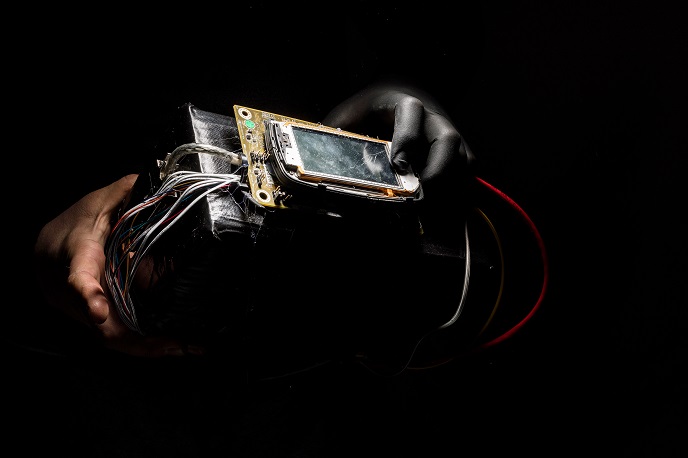How to best neutralise explosive threats
The fight against – and prevention of – terrorism is high on the Horizon 2020 agenda. Various methods and technologies have been developed over the past few years, so many in fact that the list of recent research results could easily make stakeholders’ heads spin. To help them identify the most effective and cost-efficient solutions, ENTRAP (Enhanced Neutralisation of explosive Threats Reaching Across the Plot) initiated a large-scale assessment in 2017. The consortium has been investigating the timeline of key terrorist activities and created a tree-chart linking counter-tools with capabilities. They analysed gaps in existing counter-measures, and conducted effectiveness assessments based on operational research. The tree-chart is one of ENTRAP’s most important contributions. “Its hierarchy consists of four main capabilities: prevent, detect, react and mitigate. Their aim is to optimise societal resilience to explosive threats by reducing the probability of a bomb-attack (prevent, detect) or by reducing its impact (react, mitigate),” says Dr Hans Önnerud, Deputy Research Director of the Swedish Defence Research Agency and coordinator of ENTRAP. Combined with the project’s terrorism timeline, the tree-chart can help tell which counter-tools should be deployed to prevent and mitigate attacks. To populate the tree-chart, the project team has listed all emerging tools developed under EU-funded research projects. These tools were then compared with their commercially-available counterparts. This provides stakeholders with effectiveness assessments and gap analyses, not only between lab and commercial tools, but also those left open even when considering emerging solutions. “There are gaps between emerging capabilities in the research world and actual capability to improve societal resilience,” says Dr Önnerud. “To give you an example, there is a precursor regulation in place that specifies the quality of certain chemicals available for consumers, to prevent the preparation of home-made explosives (HMEs). In parallel, research on the inhibition of precursors enables the addition of chemicals that hinder certain chemical reactions. If this research could reach the market, it would make it very difficult to manufacture HMEs and consequently the IEDs.” Another example of comparison between upcoming and current counter-tools relates to swabs taken at an airport security checkpoint and inserted into an apparatus for analysis. An alternative, laser-based detection of explosives has extensively been investigated in research projects: by illuminating a surface and recording a compound’s specific signal, it is possible to analyse trace amounts of explosive residues on a surface. However, this technology has yet to be commercialised. “Likewise, a technology able to localise bomb factories would be a game changer. It is known that normal apartments have been used as bomb-factories, solely with simple kitchen utensils and commercially-available chemicals. A sensor system capable of picking up traces of such chemicals would enable an early warning and thus provide law enforcement teams with time to intervene,” says Dr Önnerud. All in all, ENTRAP’s research puts the finger on critical gaps for which new counter-tools are required. As it ends in April 2020, it is also expected to provide precious recommendations for future research.
Keywords
ENTRAP, IED, HME, explosive, terrorism, improvised device, bomb factory, counter-tools, detection



